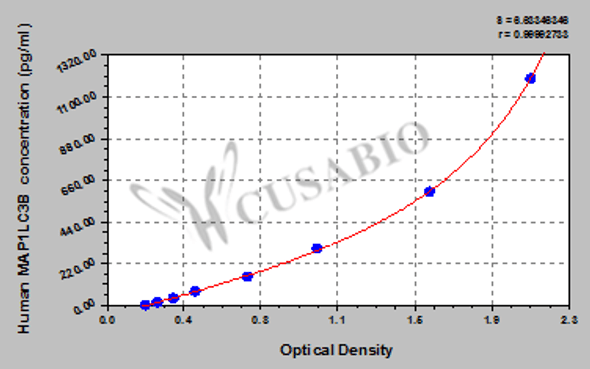Description
Clonality: Monoclonal
Host: Mouse
Purification: Ig-PG
Reactivity: Mouse, Human
LC3, a mammalian homolog of yeast Atg8, is used as a marker for autophagic vesicles (autophagosomes) formed in the process of autophagy. Immediately after synthesis, LC3 is cleaved by Atg4 to form LC3-I. When autophagy is induced phosphatidylethanolamine is covalently linked to the C-terminal glycine of LC3-I to form membrane-bound LC3-II. Most LC3-II is thought to be present in autophagosomal membranes. Since autophagosomes are degraded by fusion with lysosomes, LC3-II itself is also degraded by autophagy. Therefore, it is generally accepted that the amount of LC3-II correlates well with the amount of autophagosomes. This antibody reacts with both LC3 isoforms (LC3-I and LC3-II) and shows good results in Western blot experiments.
References:
1) Kabeya, Y., Mizushima, N., Ueno, T., Yamamoto, A., Kirisako, T., Noda, T., Kominami, E., Ohsumi, Y. and Yoshimori, T. LC3, a mammalian homologue of yeast Apg8p, is localized in autophagosome membranes after processing EMBO J. 19, 5720-5728. (2000).
2) Mizushima, N., Yoshimori, T. How to interpret LC3 immuno






